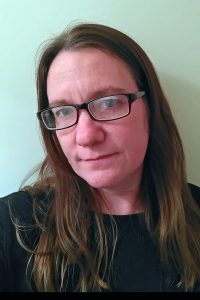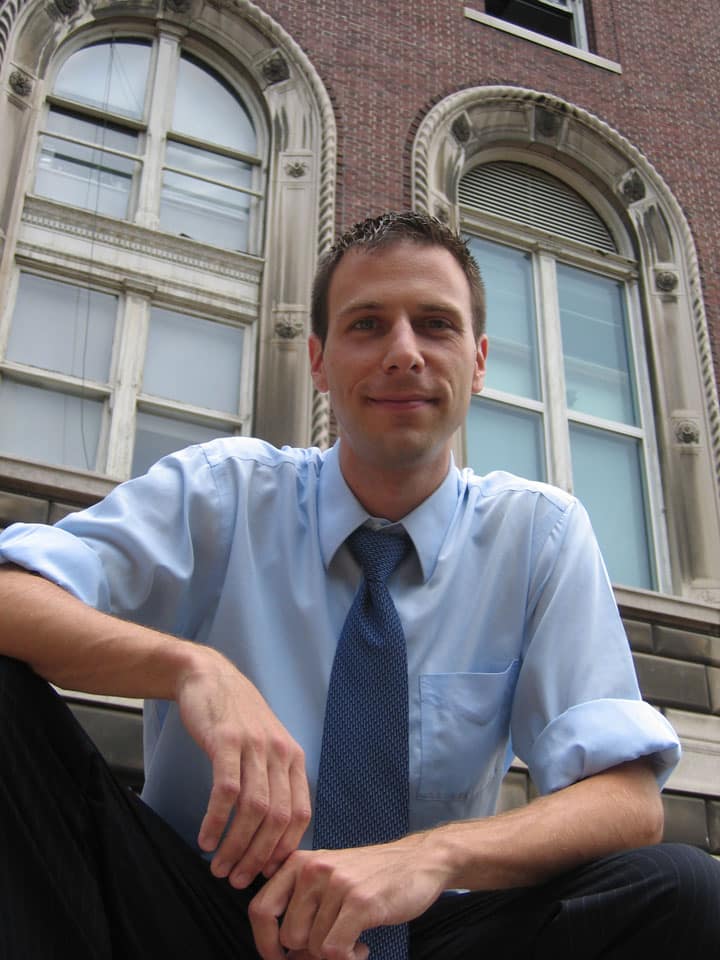by Mick McCarthy
Nearly twenty years of abuse can cause a lot of difficulties, as many people reading this site already know. For me, I did not suffer from childhood abuse; overall, my childhood was modestly idyllic. When I got together with my partner, my naivety and kindness got in my way of seeing my abuser for the monster she was. I tried to leave several times, with threats and coercion bringing me back each time.

Eventually, though, it was my ex who left. After a particularly abusive night, I think she scared herself. She packed up and texted friends that she couldn’t be around me or my children any longer due to her toxic behavior. But, over time, her story changed. My mental illness, she complains, got in the way of a healthy relationship. Of course, my “mental illness” is C-PTSD, caused by two decades of abuse at her hands.
The last three years have been my slow climb back into myself, and I’ve learned a lot as part of this process. Here are a few things I’d like to pass along to those recently free from abuse for how to get back to yourself.
Therapy
I had started therapy in secret before my relationship ended. It was an important first step towards healing and part of what helped me realize just how badly I needed to get out of there. Since then, I switched to another one who was better suited to me post-separation, and it’s been one of the best things I could have done for myself. In addition to regular therapy, I took classes about abuse, parenting, living in a world after a toxic relationship. All have benefited me. I’ve joined therapy groups for people in similar situations. My therapy journey is not yet done, but I’m glad to be on the right path.
Friendships Reforged
Like many IPV and DV survivors, I was completely isolated when the relationship ended. She was terrified anybody else would find out what was happening behind closed doors. I was sequestered accordingly, with accusations of affairs and my not being able to take care of myself as the usual excuses. When she left, the first thing I did was reach out to everyone I used to know. I joined a single parents’ group. Even as it felt uncomfortable, I put myself out there. I also reached out to old friends and neighbors to let them know why I’d been so distant and “weird” for so long.
Friends from during the relationship helped me remain secure in my truth and have helped me when I’ve faltered or tried to give up because post-separation abuse is, in many ways, more difficult than abuse during a relationship (you can’t leave, because you’ve already left). Both old and new friends have kept me secure in myself and reminded me of how far I’ve come and how powerful I am. I owe so much to the friendships I’ve forged who are as much like family as my own family, and to my family members who are also my friends.
Work World
Coercive control played a very large role in my abuse. When you’re not allowed to hold a job or leave the house without fear of retribution, you withdraw. When she left, I managed to find my way back into a regular job. It has been a work in progress. Much like many mothers who stayed at home with the children, I struggled to account for my time away from the working world. It was even worse because I also have to fight my insecurity and worry. The constant litigation makes holding a job hard. But I’ve got a great job with great people now, and I love what I do. I teach special education, and helping kids is my primary passion.
Dealing With Flashbacks and Setbacks
It’s harder to know how to deal with the hard times. Flashbacks overcome me sometimes, and I check out. My emotions overwhelm me, and I need help finding footing again. However, this gets better every day. Now I remember that every day that I wake up, I’m free. I’m out of it. I don’t have to walk on eggshells. No one is going to threaten to kill me. No one is going to rape me. No one is going to hurt me. I can just be me. People might get mad, and this may trigger me sometimes. That’s part of the healing process, though. I have learned that people get frustrated and lose their temper, but they don’t hurt others. I can hold tight through a flashback and then it’s over. I’m still okay.
Becoming Me
In addition, I found things I love that make me feel robust and whole as a person. Building my confidence has been important. After years of being told that my ex was the only one who would put up with me, it helped to hear from friends and neighbors that they usually kept their distance because of her uncertain temper (imagine my pleasure at hearing that “the whole neighborhood improved when she left” after years of thinking that I was some kind of pariah!)

I have a separate identity from her now, too. Love bombing and coercive control meant that anything I liked, I had to either stop liking, or she’d find a way to make it awful. Alternatively, she would usurp what I liked and make it hers, comparing and diminishing what I’d done to such a degree that I felt I couldn’t hold my head up anymore. It’s a hard thing to describe. But now, I play games, I paint miniatures, I present at conferences, and I write. I am powerful and whole and stand on my own.
Takeaway
This has been a long process, and it isn’t over yet. But to everyone who is still trying to get out, still in the weeds, or even just having a bad day – it gets better. It really, really does.

As a survivor of domestic violence, Mick McCarthy is a dedicated advocate for children and women leaving abusive situations. Mick channels her passion into helping children as an educator for exceptional children, researching and presenting on ways to improve education for all children through the use of game-based learning, and volunteering with several organizations designed to help children who have suffered trauma or aid individuals with varying needs. In her free time, Mick is an avid writer and gamer.
Guest Post Disclaimer: Any and all information shared in this guest blog post is intended for educational and informational purposes only. Nothing in this blog post, nor any content on CPTSDfoundation.org, is a supplement for or supersedes the relationship and direction of your medical or mental health providers. Thoughts, ideas, or opinions expressed by the writer of this guest blog do not necessarily reflect those of CPTSD Foundation. For more information, see our Privacy Policy and Full Disclaimer.

Paul Michael Marinello serves as Chief Staff Writer and Blog Manager for CPTSD Foundation. Previous to this role he managed North American Corporate Communications at MSL, a top ten public relations firm where he also served on the board for Diversity & Inclusion for a staff of 80,000. Paul Michael grew up in New York and attended SUNY Farmingdale before starting a ten-year career at Columbia University. He also served as Secretary and Records Management Officer for the Millwood Fire District, appointed annually by an elected board of fire commissioners from 2008 – 2017.




Thank you for sharing your testimony and revealing your true self . You are an inspiration.